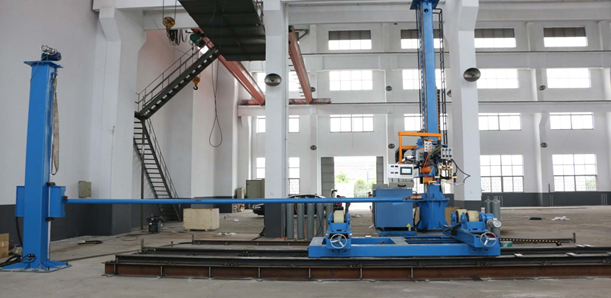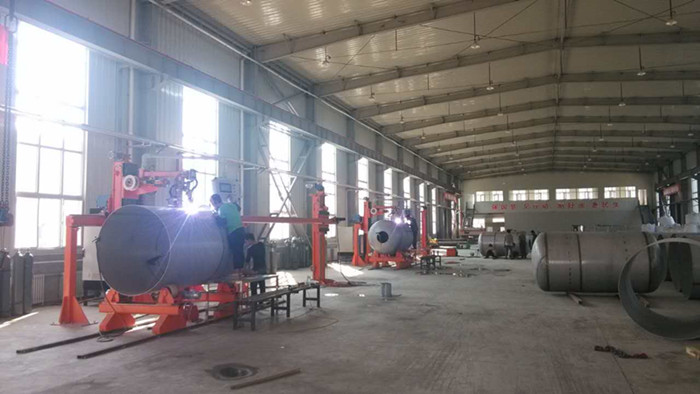
While shielded metal arc welding (SMAW) is the most common type of welding process, there are other welding processes available, including plasma arc. As the name suggests, it involves the use of a plasma-based welding torch. Plasma arc welding still relies on an electric arc, which is created between an electrode, but it incorporates plasma as well. As the plasma heats up, it’s forced through a narrow nozzle at the tip of the torch. Today, we’re going to explore five fast facts about plasma arc welding, some of which may surprise you.
#1) Plasma Exits the Torch at Nearly the Speed of Sound
The plasma used in plasma arc welding isn’t just hot; it’s fast. As the plasma exits the torch’s nozzle, it reaches a speed that’s nearly equal to that of sound (Mach 1). The combination of both heat and speed allow the plasma to melt most materials, including aluminum, copper, steel, brass, iron and more.
#2) It Can Reach Up to 50,000 Degrees Fahrenheit
To say plasma arc welding is hot would be an understatement. Depending on the particular type of plasma torch used, as well as its settings, it may reach up to 50,000 degrees Fahrenheit. To put that number into perspective, the temperature of SMAW typically reaches just 10,000 degrees Fahrenheit. Therefore, it’s safe to say that plasma arc welding is about five times hotter than other, more conventional welding processes.
#3) Plasma Is Actually Gas
Some people assume that the plasma used in plasma arc welding is a liquid, but this isn’t necessarily true. It’s actually a gas. When the electric current is activated, the plasma gas becomes ionized, thereby increasing its conductivity. The electrical current can then freely flow through the newly ionized gas plasma.

#4) There Are AC and DC Plasma Arc Welding Torches
Not all plasma arc welding torches rely on direct current (DC). Some use alternating current (AC) instead. Of those two types, however, DC torches are the most common. When compared to AC torches, they generate less noise, offer better control, consume less electrode material, and are more energy-efficient.
#5) It Was Invented In the 1950s
Plasma arc welding has origins dating back to the 1950s, during which the process was pioneered by American engineer Robert Gage. At the time, there wasn’t an effective welding process for cutting thin and thick metals alike. Gage’s new invention solved this problem by introducing a versatile new welding process. Known as plasma arc welding, it allowed for faster and more efficient welding — as well as cutting — processes in the manufacturing industry.
Olivet plasma and tig welding center is developed for high-quality welding requests on the longitudinal seam and circular seam of stainless steel. The welding center is widely used for the food industry, pharmaceutical industry, and other stainless steel shell production industries. If you are interested in our plasma and tig welding center, please contact us now!




Comments
All Comments (0)